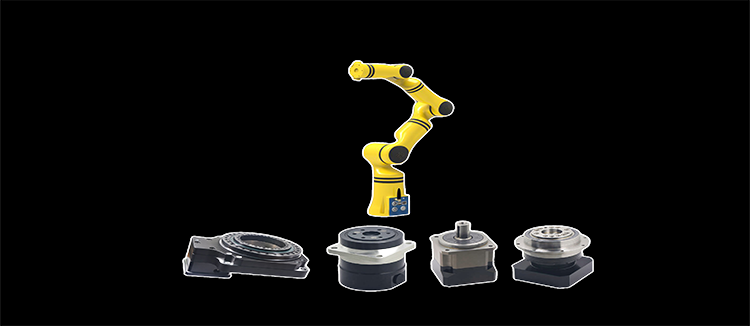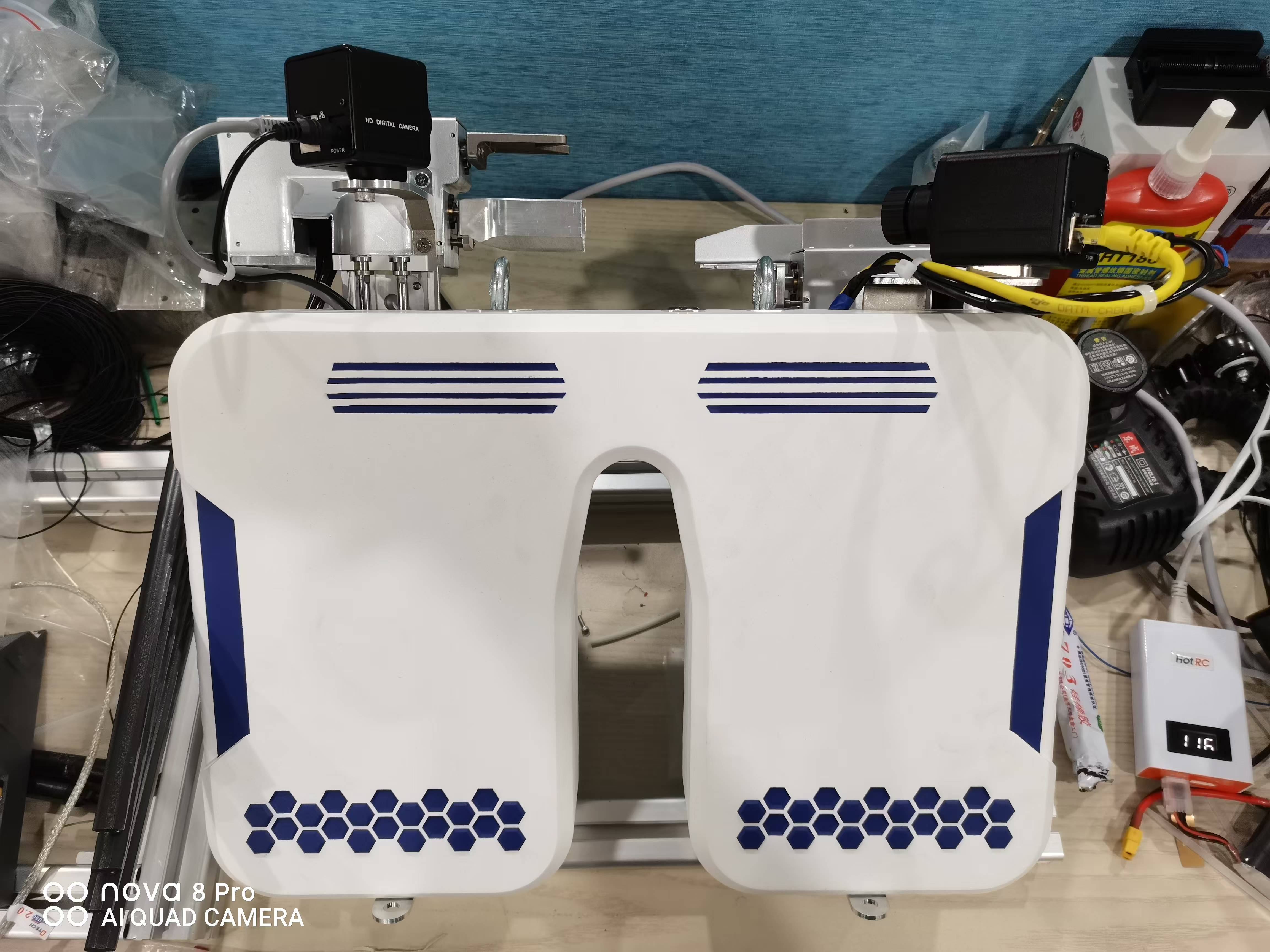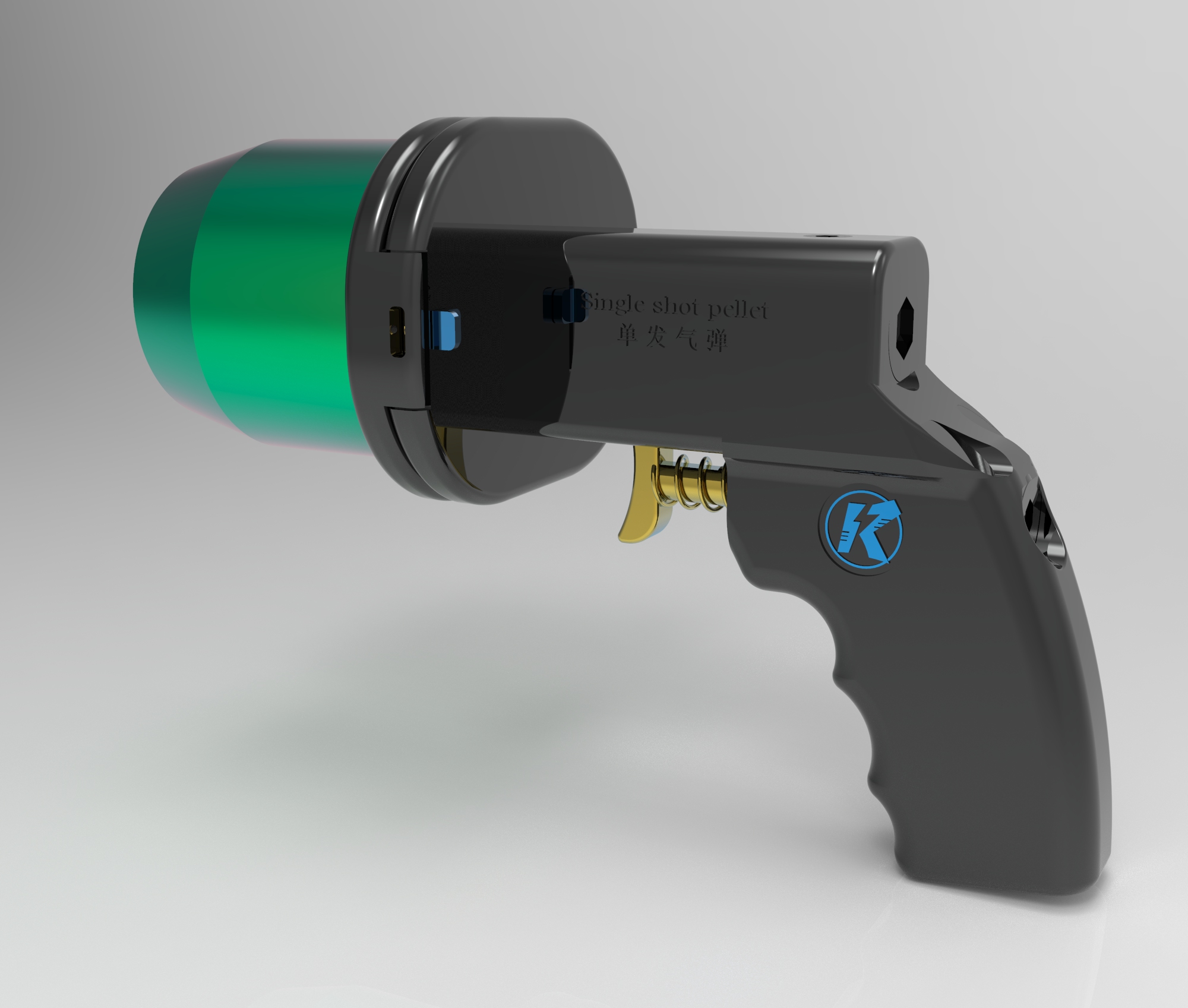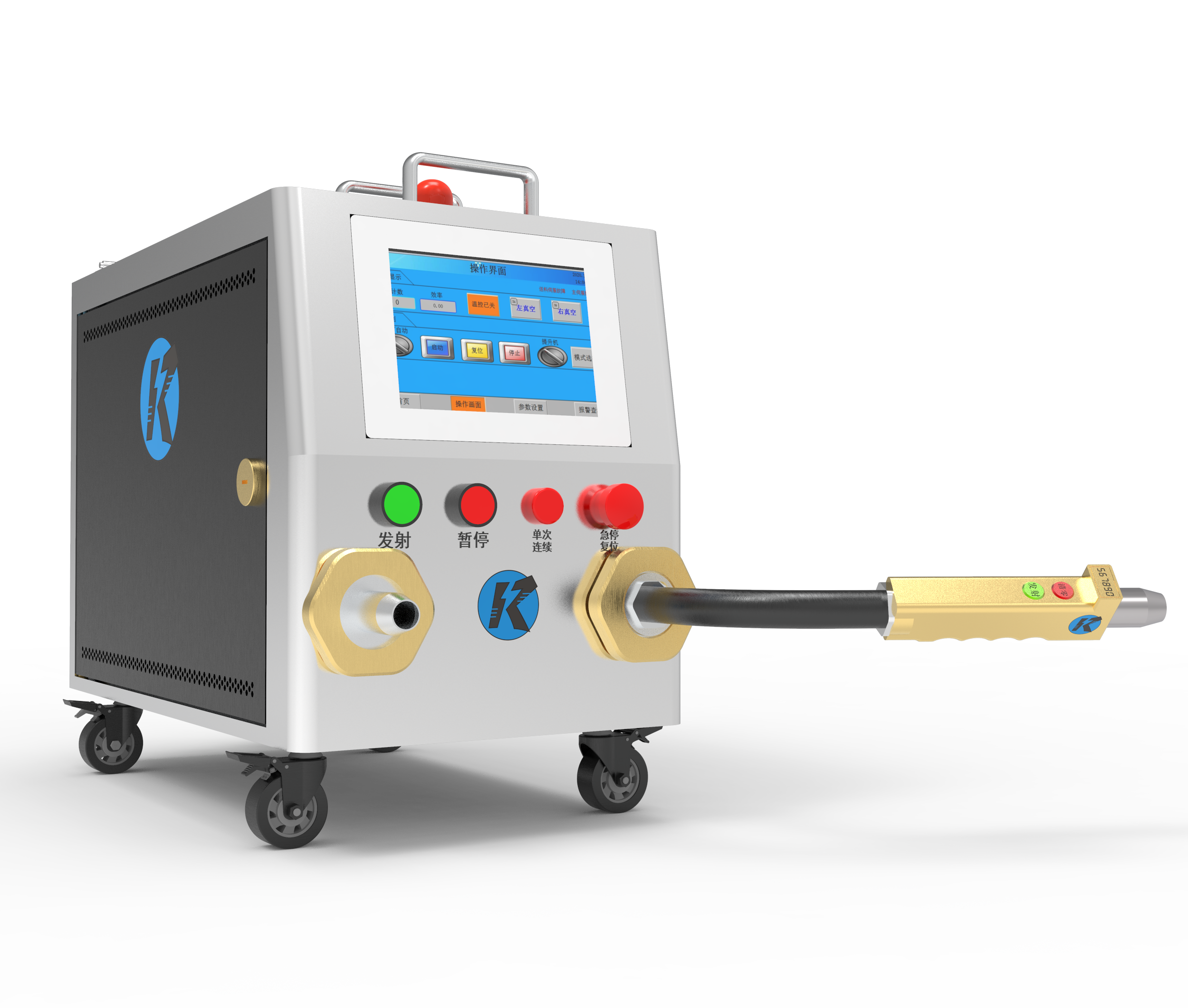Understanding the Power and Precision of Servo Motors in Modern Automation
Servo motors are the unsung heroes of the modern industrial and automation world. These versatile and powerful devices are integral to a wide range of applications, from robotics to manufacturing processes. In this article, we will delve into the intricacies of servo motors, exploring their capabilities, applications, and why they are so crucial in today's high-tech environments.

A servo motor is an actuator that allows for precise control of angular or linear position by constant feedback from a position sensor. This feedback loop ensures that the motor's output matches the desired input, making it ideal for applications requiring high accuracy and repeatability. The term "servo" is derived from the Latin word "servus," meaning "slave," reflecting the motor's ability to obediently follow control signals.
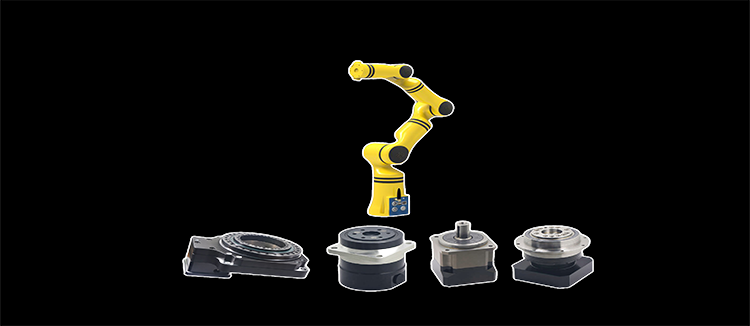
The heart of a servo motor is its ability to respond to a control signal, which can be an electrical pulse, a voltage, or a current. This signal dictates the motor's speed, torque, and position. The precision of a servo motor is unparalleled, as it can adjust its output in real-time to match any changes in the input signal. This responsiveness is what makes servo motors so valuable in applications where accuracy is paramount.
One of the most significant advantages of servo motors is their efficiency. Unlike traditional motors, which can waste energy through heat loss, servo motors are designed to operate at high efficiency levels. This is achieved through the use of high-quality materials, advanced control algorithms, and precise manufacturing processes. As a result, servo motors can deliver high torque and speed with minimal energy consumption, making them an eco-friendly choice for many industries.
Servo motors are also known for their durability and reliability. They are built to withstand the rigors of continuous operation in demanding environments. This robustness is due to their compact design, which allows for the integration of high-performance components without compromising the motor's size or weight. Furthermore, the sealed nature of servo motors protects them from dust, moisture, and other contaminants, ensuring a long service life.
Applications of servo motors are vast and varied. In the automotive industry, they are used in power steering systems, engine management, and transmission control. In aerospace, servo motors play a crucial role in controlling flight surfaces and stabilizing aircraft. In robotics, they are the driving force behind precise movements and manipulations. In manufacturing, servo motors are used in assembly lines, CNC machines, and packaging systems to ensure high-speed, high-precision operations.
Another area where servo motors excel is in renewable energy systems. They are used in wind turbines to control the pitch of blades, optimizing energy capture from the wind. In solar tracking systems, servo motors ensure that solar panels are always facing the sun, maximizing energy output. This makes servo motors a key component in the transition to sustainable energy sources.
The future of servo motors looks promising, with ongoing research and development aimed at improving their performance, efficiency, and capabilities. Advancements in materials science, control systems, and manufacturing techniques are driving the evolution of servo motors, making them even more powerful, precise, and versatile.
In conclusion, servo motors are a cornerstone of modern automation and industrial processes. Their ability to provide precise control, high efficiency, and durability makes them indispensable in a wide range of applications. As technology continues to advance, the role of servo motors in our world will only grow, powering the machines and systems that drive progress and innovation.


